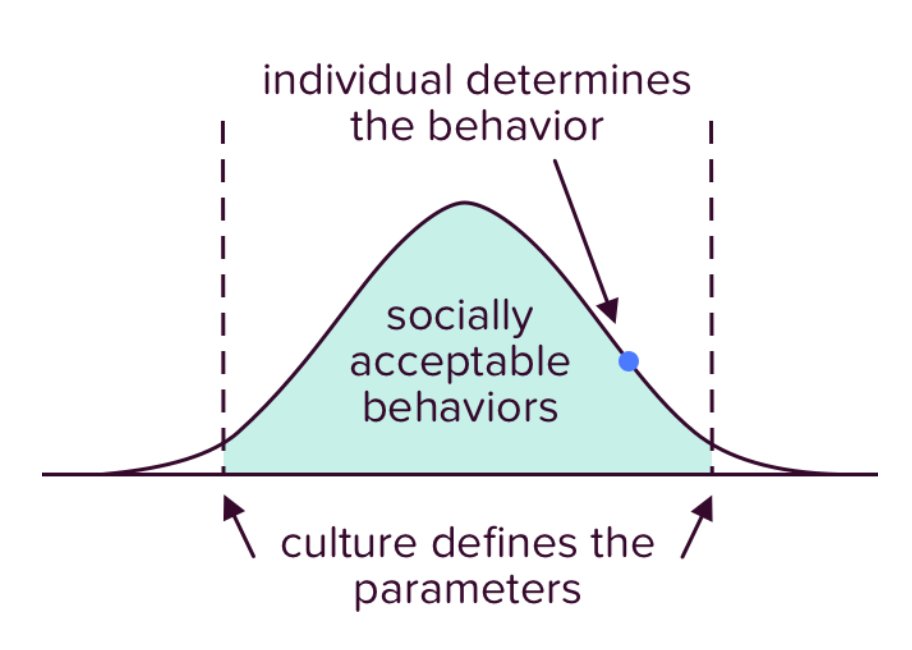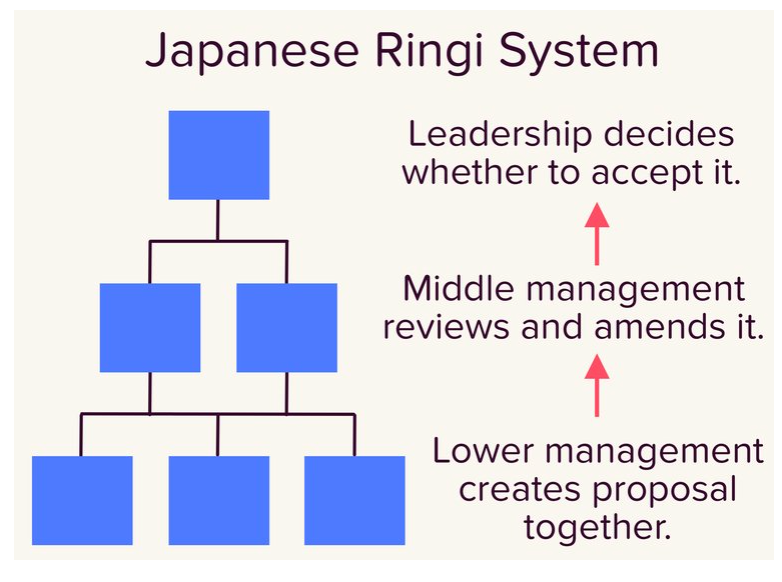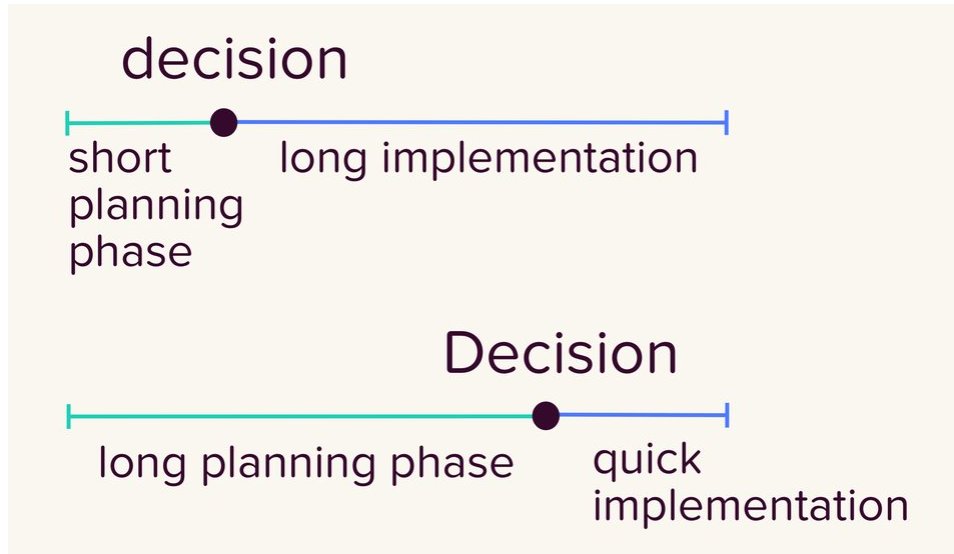Two people just can't seem to get along at work.
X: "All Y does is send emails instead of doing "real work"
Y: "X is too bureaucratic, everything must be a process"
How Cultural Intelligence (CQ) can wreck or supercharge a team.
(inspired by the @QuanticSchool class)
X: "All Y does is send emails instead of doing "real work"
Y: "X is too bureaucratic, everything must be a process"
How Cultural Intelligence (CQ) can wreck or supercharge a team.
(inspired by the @QuanticSchool class)
Culture is the set of
⚈ values
⚈ norm &
⚈ customs,
which a group of people share.
It's why you look at this photo and think
⚈ "India"
⚈ "Africa"
⚈ "Arab"
Or "cultural appropriation" when the "wrong" person is wearing the dress.
⚈ values
⚈ norm &
⚈ customs,
which a group of people share.
It's why you look at this photo and think
⚈ "India"
⚈ "Africa"
⚈ "Arab"
Or "cultural appropriation" when the "wrong" person is wearing the dress.

Culture drives bias:
⚈ "Africans don't keep to time"
⚈ "Chinese love money"
⚈ "Americans are loud"
Culture: sets the bounds of social acceptability.
Individuals: choose behaviours within that range.
Great managers see directs as individuals first, then their culture.
⚈ "Africans don't keep to time"
⚈ "Chinese love money"
⚈ "Americans are loud"
Culture: sets the bounds of social acceptability.
Individuals: choose behaviours within that range.
Great managers see directs as individuals first, then their culture.

CQ is your ability to interpret unfamiliar & ambiguous gestures from other cultures just like natives of that culture.
Improving your CQ helps you build & maintain successful relationships directs & peers from other cultures.
CQ goes beyond EQ, it sets the context for EQ
Improving your CQ helps you build & maintain successful relationships directs & peers from other cultures.
CQ goes beyond EQ, it sets the context for EQ

Example:
As a Cameroonian in a Nigerian university, I didn't understand that asking too many questions in class was bad.
I finally learnt (too late): ask the question privately. If the prof knows the answer, s/he then broadcasts & answers it.
Power & pride vs embarrassment.
As a Cameroonian in a Nigerian university, I didn't understand that asking too many questions in class was bad.
I finally learnt (too late): ask the question privately. If the prof knows the answer, s/he then broadcasts & answers it.
Power & pride vs embarrassment.
Culture differences determine
① Power: is the team egalitarian or hierarchical?
② Decision-making: unilateral vs consensus
③ Time: are schedules strict or flexible?
① Power: is the team egalitarian or hierarchical?
② Decision-making: unilateral vs consensus
③ Time: are schedules strict or flexible?
Some examples of cultural norms around power
⚈ Does the boss sit in an open-plan office?
⚈ Can your directs openly disagree with you?
⚈ Do your directs call you by your first name or "Sir"
⚈ Can your directs drop into the office without an appointment?
⚈ Does the boss sit in an open-plan office?
⚈ Can your directs openly disagree with you?
⚈ Do your directs call you by your first name or "Sir"
⚈ Can your directs drop into the office without an appointment?
Not all hierarchical cultures are dictatorial
Not all egalitarian cultures are consensus-seeking
Eg: Japan
⚈ Very hierarchical (power)
⚈ Highly consensus-seeking in decision-making
Eg: The USA
⚈ Very egalitarian
⚈ Very top-down decision-making
Not all egalitarian cultures are consensus-seeking
Eg: Japan
⚈ Very hierarchical (power)
⚈ Highly consensus-seeking in decision-making
Eg: The USA
⚈ Very egalitarian
⚈ Very top-down decision-making

Culture influences tolerance for ambiguity.
As the "order is a pre-requisite for excellence" guy, I have low ambiguity tolerance, so I research & plan before I decide & act.
This drives high ambiguity tolerance folks crazy!
"Why must everything be a process with you?"
As the "order is a pre-requisite for excellence" guy, I have low ambiguity tolerance, so I research & plan before I decide & act.
This drives high ambiguity tolerance folks crazy!
"Why must everything be a process with you?"
I've seen executives who love to "jump into action"
⚈ without clarifying the goal
⚈ without preliminary research
⚈ without a plan
Me: "On what planet do you live?!"
Them: "Planet Agile, where your processes slow things"
They're not always wrong.
⚈ without clarifying the goal
⚈ without preliminary research
⚈ without a plan
Me: "On what planet do you live?!"
Them: "Planet Agile, where your processes slow things"
They're not always wrong.
Culture influences decision-making:
Have you ever been frustrated with your manager because "s/he makes a decision then changes his/her mind later & often"?
That's an ambiguity tolerance mismatch:
⚈ S/he made a "d" decision
⚈ You thought it was a "D" decision
Have you ever been frustrated with your manager because "s/he makes a decision then changes his/her mind later & often"?
That's an ambiguity tolerance mismatch:
⚈ S/he made a "d" decision
⚈ You thought it was a "D" decision

Culture influences the perception of time
Monocromatic cultures
⚈ Time: absolute
⚈ Schedules: inflexible
⚈ Single-task
Polychronic cultures
⚈ Time: flexible
⚈ Schedules: relative
⚈ Multi-tasking
Fibre guys: "We'll be there between 12 & 4 pm"
Me: "What?
Monocromatic cultures
⚈ Time: absolute
⚈ Schedules: inflexible
⚈ Single-task
Polychronic cultures
⚈ Time: flexible
⚈ Schedules: relative
⚈ Multi-tasking
Fibre guys: "We'll be there between 12 & 4 pm"
Me: "What?
Cultural differences drive bias & whether we perceive colleagues as
⚈ dependable or not
⚈ conscientious or not
⚈ dictatorial vs egalitarian
⚈ decisive or wavering leaders
Dear managers, develop your CQ, develops your directs' CQs, so cultural differences can be an asset
⚈ dependable or not
⚈ conscientious or not
⚈ dictatorial vs egalitarian
⚈ decisive or wavering leaders
Dear managers, develop your CQ, develops your directs' CQs, so cultural differences can be an asset
• • •
Missing some Tweet in this thread? You can try to
force a refresh





